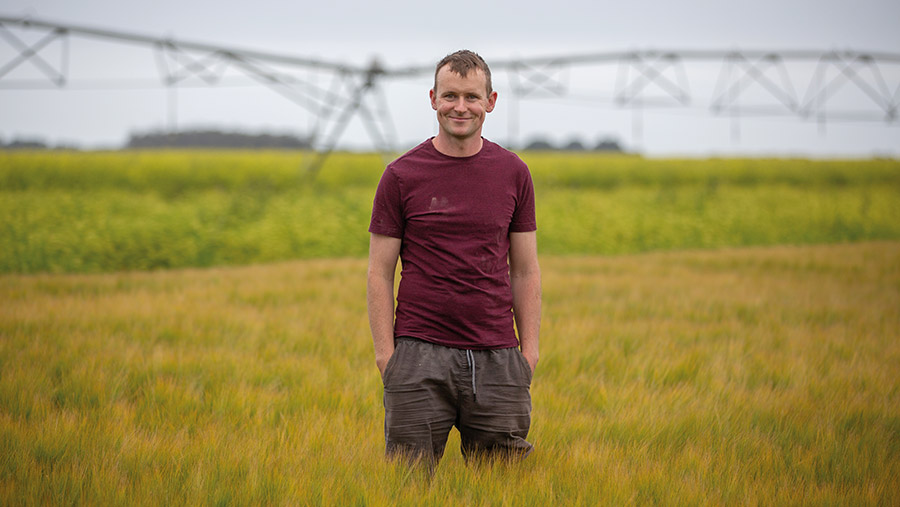Chris Bennett: Carbon credits bring complex choices
 © Johnny Houston
© Johnny Houston Could carbon credits be a saviour of farming businesses, or is selling them a big risk that could constrain future generations? I’m torn.
Agriculture has a huge opportunity when it comes to carbon trading. Everybody, from Ikea to British Airways, is claiming they will be net zero in the coming decades.
Most companies will reduce their emissions, but will never reach net zero without buying carbon credits.
See also: Chris Bennett – shortages show supply chain flaws
Agriculture is among the few industries with true potential to sequester carbon.
When the ticking clock on climate change promises to run out, there will be unprecedented demand for carbon credits, with very few in supply.
If our industry is able to prove our ability to draw down and lock up this carbon, there could be incredible opportunities.
New Zealand recently announced it will reduce its emissions by 50% by 2030.
This was swiftly followed by the admission that up to two-thirds of this could come from purchasing carbon offsets from abroad. It is going to be a seller’s market.
But there are a few reasons I’d be worried signing away carbon credits.
First, their longevity. In selling a carbon credit, you may have promised to remove a tonne of carbon dioxide from the atmosphere permanently.
This could open you up to all sorts of penalties if you’re unable to prove it has been tucked away forever.
Imagine a fire ripping through your woodland, releasing carbon dioxide – you could be liable to refund that carbon credit. Who knows how much that could cost in the future?
It would definitely pay to read the small print.
Secondly, it could constrain future decisions. Potentially 50 years from now, your grandchildren wouldn’t be able to develop the land how they’d like because you sold a carbon credit before they were even born.
What’s more, it feels morally wrong to allow companies that pollute to continue while being able to buy their way to net zero.
We have targets of our own to meet both as an industry and, ultimately, as individual businesses.
If we sell our carbon credits, they can no longer be used in our own carbon accounting.
We have the chance to showcase agriculture as a green and truly environmentally positive industry, but will not be able to back up these claims if we cash in.

